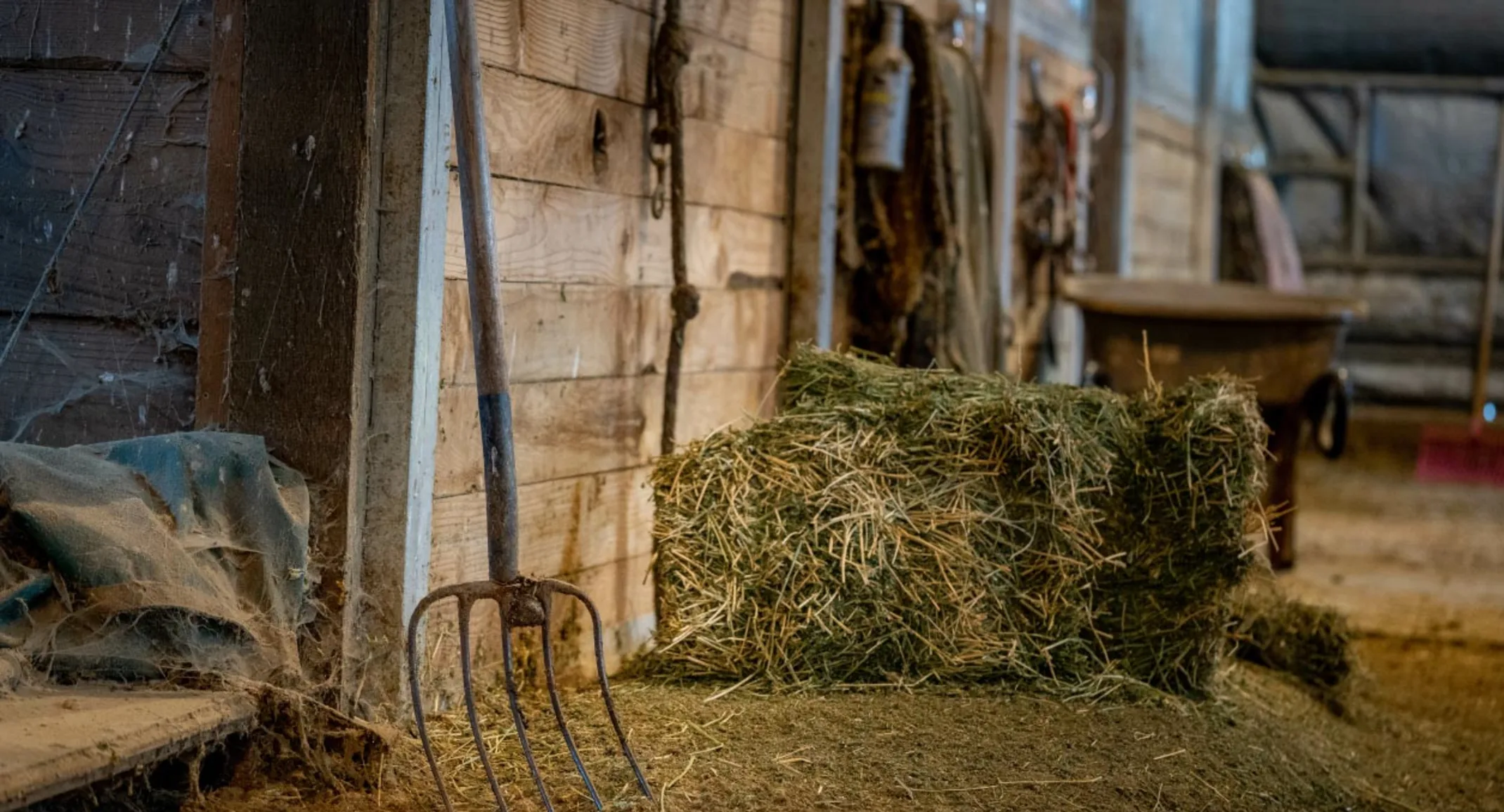Salt Consumption
Equine Resources

Salt is the only mineral for which a natural appetite exists. An adult horse at pasture will consume about one-half pound of salt per week, although this is variable. Horses in training or lactating mares will consume more.
Consuming salt encourages your horse to drink water. Keep fresh, clean water available at all times. Horses prefer their water at a constant temperature and will avoid drinking if it becomes icy cold or overly hot. Not consuming enough water leads to dehydration. This can contribute to many dangerous problems such as colic and impactions.
Add two to four ounces of loose de-ionized, or livestock salt to the horse’s daily ration to ensure that salt needs are met. Although some feel a salt block is more convenient, it cannot provide the amounts needed. A horse will turn away from a salt block before they get what they need because their tongue becomes painful from the abrasive hard surface of the block. If you do choose to use a salt block, break it up into gravel size pieces that the horse can easily take into his mouth and chew.
The most important, and often ignored nutrient in a horse’s diet is fresh, clean water, according to Gene Frie, DVM, Sapulpa Vet Hospital. “By adding salt to the horse’s daily ration, not only do we help meet the daily salt requirements, but we also provide a stimulus for the horse to drink. This will help prevent complications secondary to electrolyte imbalances or dehydration.”
